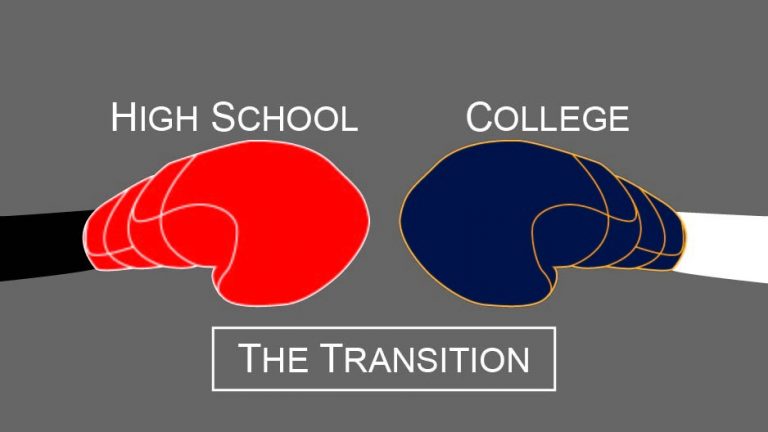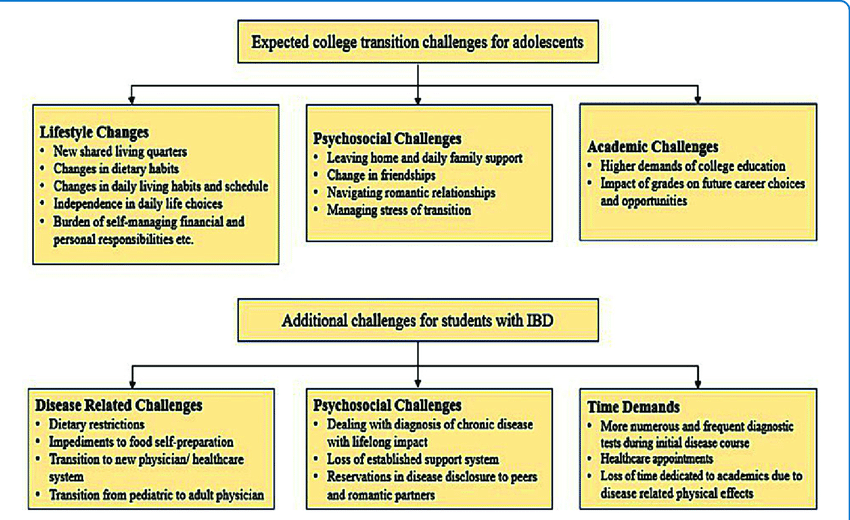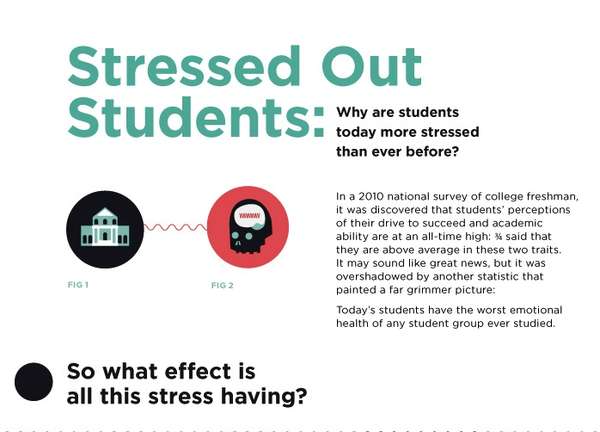A month ago, I did a poll on Instagram to ask whether there were any takers for a topic like this from the functional medicine purview and it seems like people wanted to read on how to create an effective and impactful list for your high schooler’s ready to leave home for the freshly minted ‘University life’.
Now let’s begin with the fact that you need your child to be comfortable in a foreign setting with unknown people and a lot of daily uncertainties. While studying abroad is a challenging dream to have, sustaining it, and coming out successful at the other end, requires a lot of support, grit, and robust health. Coming from personal experience which is fresh off the bat, it would be unfair to not share with you, what I have found to be a good ‘go to’ list to settle kids into their new dorm/hostel lives.
Humans thrive on routine, habits, and discipline but teenagers leaving home away from parents are anything about following the rules of adult life. Yes, you can allow them to try, fail and learn or you could make that learning more enjoyable, familiar, and fun. Let’s take some of the basics and build on them.
The newly found freedom can quickly overthrow the basic objective of why your kid has chosen for an education abroad. What that means is – whether your child is an extrovert or an introvert, empowering them with the right tools can help keep them on track better. An introverted child may feel isolated while an extroverted child may end up partying hard and, in both forms, may ignore self-care to various degrees. The basic needs of a student away from home begins with healthy meals, good sleep and a supportive environment.
Healthy meals should look like a good balance of protein, carbs, and fats mostly coming from whole foods. Too much caffeine and substance abuse can cause nutritional deficiencies and mood swings affecting class attendance, irregularities in sleep, and activities. If your child is vegetarian, vegan or allergic to certain foods, it’s all the more important to explore food choices since college cafeteria’s may not provide too many options catering to your child’s needs, which, again can cause frustration and distress.
What can you do as a parent/caretaker:
- Encourage your child to expand their palate. Lean into what are some good replacements and explore different possibilities. For e.g. if your child does not like eggs for breakfast, get them to try Greek yogurt with fruits and granola.
- Provide easy/healthy snacks or food options which are handy in their dorm room. A good quality protein shake, nuts and seeds, fruits that don’t need special storing care, comforting snacks that remind them of home (yes, a little bit of junk doesn’t hurt). If your child has a mini fridge then perhaps some frozen ready to eat meals for those one of a kind super cranky days.
- Fill the gaps with a good quality multi-vitamin, electrolytes and detox supplements when they go on an overdrive of excess.
Sleep for teenagers can make or break their day. Anxiety is one of the major contributors towards creating ruminating thoughts delaying sleep time. Being attentive in class also depends on the quality of sleep.
What can you do as a parent/caretaker:
- Dorm rooms have a lot of stale air, smell dank and if carpeted may carry allergens which can all affect sleep. Get your child an air purifier or an aroma oil diffuser which can help refresh the air for breathing while sleeping.
- The right kind of bedding (sheets, duvets/blankets, toppers, pillows) that are low on maintenance but high on value.
- Setting reminders for regular changes, washing cycle, making their own bed every day and keeping a clutter free clean room can all help in a good homely resting place at the end of their day.
A supportive environment can mean different things to different people in different countries. Below is a list of miscellaneous things that, while you may not consider them as necessary, can still be very supportive in the journey of your child’s dorm life.
- Depending on where your child is, getting them a good quality handy water purifier can make a lot of difference to their hydration and health.
- Similarly a small hot water kettle for those days that demand cups of tea, coffee, hot chocolate or porridge.
- Some clean self-care products, detergents, organisers that make daily activities of ablutions, washing laundry and dishes easier.
- Electrical products like adaptors, chargers, surge protectors, extension boards that align with their needs.
- Favourite crockery that reminds them of home on their homesick days.
- Weather friendly clothes, jackets, shoes etc
- Small portable or handy cookware for those absolutely ‘I can’t do this anymore’ days so that you can help them cook their favourite comfort meal.
- A bike/cycle to get around campus if walking around is too daunting in a huge campus.
- A few low maintenance potted plants if your child agrees to care for them.
- A portable fan/air-conditioner weather depending.
A first aid kit requires a separate mention because there are many things that can be part of a kit depending on the geography and whereabouts of your child. I would usually include the following:
- Homeopathic remedies for cold, cough, tummy troubles, injuries and a few more.
- Salves for rashes, insect bites, cuts and bruises.
- Band-Aids, gauze, cotton swabs, microtape, disinfecting alcohol swabs.
- Some pain meds, balms, digestion aids and detox binders.
- A lyme kit (tweezers, bug sprays, tick removal tools, salves and tinctures) if your child is an outdoorsy person.
- Also depending on your ethnicity and hygiene habits if your child needs a bidet then there are a lot of portable, handy ones available which are discreet as well.
And finally, lets come to the fact that transitions are hard, mentally, physically, financially! Let’s not shy away from calling a spade, a spade. Some families adapt better than others. Some kids adapt better than others. Some communicate their angst better than others. Every individual experience matters and should be validated because it’s an unknown territory irrespective of how many times you have experienced such transitions. Independence is an invaluable gift which comes at a cost. How we treat it will decide the future course of action.
Few pointers that don’t hurt:
- Creating a safe space to express emotions, fears, concerns.
- Not shutting out each other. Both, parents and children need each other to make this successful.
- Openness towards tackling resistance of any kind.
- Seeking professional help when needed.
- Guidance with planning expenses, banking and part time job opportunities.
- Scheduling regular catch ups to know what’s going on in each other’s lives.
- Making each other feel included in any minor/major life decisions.
- Planning holidays to maximise breaks.
- On going basic training around cooking, laundry, sewing, fixing things, sharing tips that worked for you are all basic life skills that work at any or every age.
These kids are going to be professionals and family makers of tomorrow. Helping them build a strong foundation of compassion, awareness and self-care not only solidifies their role in society, but also leaves this planet in strong able hands. For more support around building robust health, please reach out at www.ctrlaltzen or write directly at payal@ctrlaltzen.com










